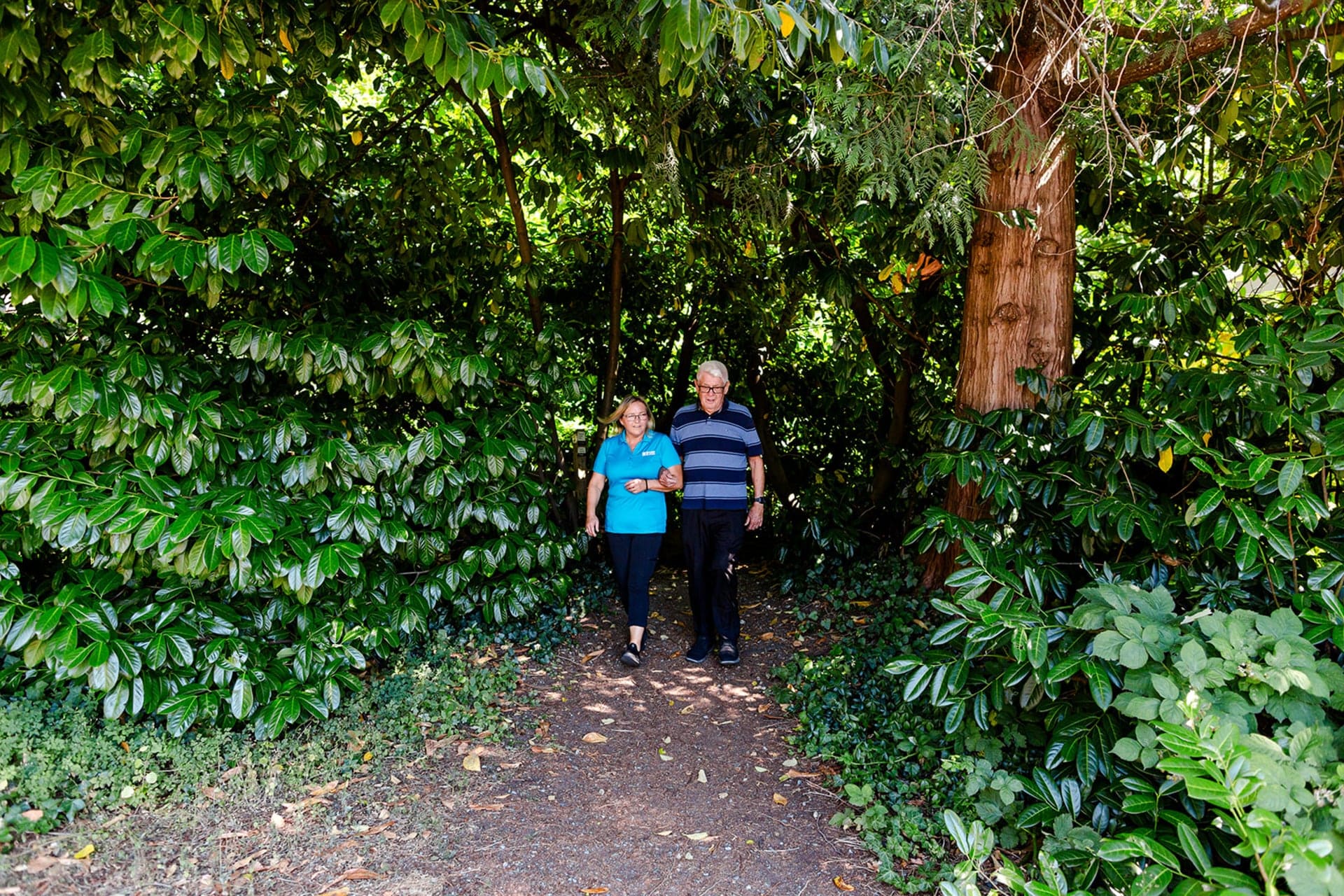Is your aging loved one at a greater risk of serious injury from a slip and fall at home? Nearly one-third of seniors fall at least once per year. Many of these falls occur while carrying out their typical daily activities and sometimes contribute to feelings of isolation, helplessness, and depression.
Often, your loved one wants their independence at home despite these risks. That’s why having your support is critical to ensuring their home is as safe as possible, and that they have the support they need to keep living at home as long as possible.
So many at-home falls can be prevented with planning, care support, or changes around the home. To assess your loved one’s risk of a dangerous slip and fall at home, take this Staying Independent Checklist from SeniorsBC.
How you can prevent falls at home
Here are a few ways you can help decrease the chances of your aging loved ones falling in their home:
Exercise
Staying physically healthy plays a huge role in minimizing avoidable falls in the home. Ensure your loved one:
- gets appropriate exercise to keep their bones, joints, and muscles limber,
- does mobility and balance exercises,
- works to maintain or improve muscle strength, and
- practices coordination exercises.
Eating well
Often, seniors who are lonely or experiencing physical or emotional health problems are less likely to eat well. Ensure your senior loved one is eating balanced meals with plenty of natural vitamins, minerals, and protein. Consult their healthcare provider to see if they need supplements or vitamin injections to compensate for poor diet.
To further minimize chances of falling, ensure their calcium and vitamin D intakes (important for bone health)are within appropriate ranges for their age (ask their doctor if you are unsure).
Modifying their home
Making changes in the senior’s home can help them stay safe. Consider installing ramps in place of stairs and railings where needed. You can also install supports in the bathroom to help them get to the toilet and shower more safely.
Look around your home for anything that could be a tripping hazard. This often includes rugs, carpets, or small furniture like side tables. Remove these items when possible.
Also, ensure that everything the senior needs on a daily basis is within arms reach. It’s potentially dangerous for them to climb on chairs and use ladders to get something. It increases their chances of losing balance and falling.
In the winter, offer to shovel and salt their driveway and front steps so they don’t slip and fall.
Monitoring feet health
Healthy feet can help reduce your chances of falling at home. Check your loved one’s feet to ensure they haven’t developed any sores or bunions, which can make it difficult or painful to walk.
Does your loved one wear slippers at home? Slippers with no heel backing can cause the foot to slip and the senior to trip, so ensure their footwear is tight-fitting and padded. They could also wear runners or supportive footwear at home to provide extra foot and ankle support.
Checking medication use and side effects
Ensure your loved one is seeing their doctor regularly. Ask the doctor to regularly review medication to ensure the medications and dosages are correct. Some medicines may cause dizziness or drowsiness, so be aware of these side effects and ensure the Senior has extra support after taking these medications.
If you have any concerns about the side effects your loved one is experiencing, ask their doctor about how to minimize them or switch medications or modify dosages if possible. A pharmacist can also help advise you regarding potential side effects if you can’t see your family doctor but have immediate concerns.
Check eye health
It’s natural for our vision to decrease as we age. We can develop blind spots or blurry vision that can lead to not seeing an obstacle in our way and tripping or falling. Ensure your loved one has regular optometrist checkups and wears corrective lenses if suggested.
How an in-home caregiver can help prevent falls
An in-home caregiver, whether you or a professional care aide or nurse, can help your senior loved one avoid injury from unnecessary falls. They can ensure they eat right, exercise enough, and that their home is safe for everyday tasks. A caregiver can also help with riskier tasks like yard work, house maintenance, or grocery shopping.
At Hero Home Care, we create personalized care plans for your aging loved ones. Our services range from phone check-ins and wellness checks to homemaking support and in-home nursing care. Our job is to help your loved one maintain their independence at home while staying safe and healthy.
If your senior loved one is at risk of falling and injuring themselves, contact us for a free In-Home Care Consult to see how we can help them live happier, safer lives at home.

